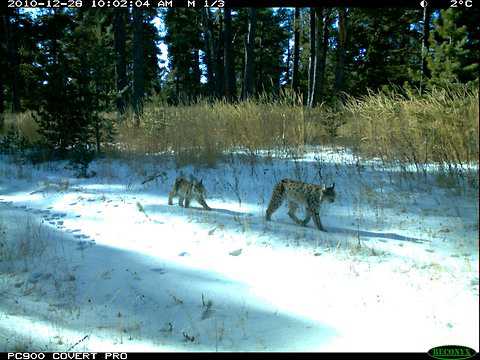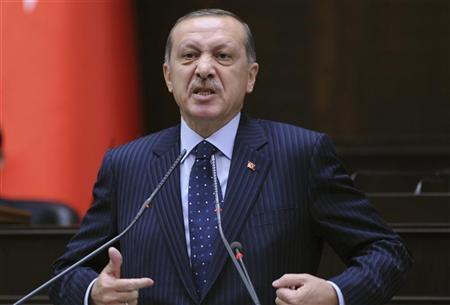By: Rakibe Külçür
In Turkey, the Ministry of Environment and Urbanisation has been aiming to comply with the European Union (EU) legislation on chemicals, amongst others European Union (EU) Regulation EC/1907/2006 concerning the Registration, Evaluation, Authorisation and Restriction of Chemicals (known as REACH Regulation) and Regulation EC/1272/2008 on Classification, Labelling and Packaging of Substances and Mixtures (CLP Regulation).
What’s similar to the EU REACH regulation in Turkey?
In December 2008 the Regulation on Inventory and Control of Chemicals (Kimyasalların Envanteri ve Kontrolü Hakkında Yönetmelik) O.J.27092 was published by the Ministry to collect information on the substances manufactured and imported to Turkey. The Regulation requires importers and manufacturers of chemical substances to notify them to the Ministry of Environment. Under the Regulation, similar to the EU REACH Regulation all substances, except those listed in the Regulation as exempted substances, that are manufactured or imported to Turkey in quantities exceeding 1 tonne/year (there are two tonnage bands 1 – 1000 tonnes per year and greater than 1000 tonnes per year) have to be registered at the Ministry of Environment.
In addition, manufacturers and importers must also submit the information set out in Articles 7, 8 and 11 of the Regulation to the Ministry. The registration and notification provision to the Ministry does not apply to certain substances listed in Annex 1 to the Regulation including d-glucitol (CAS No.50-70-4); lactose (CAS No.63-42-3); carbon dioxide (CAS No.124-38-9); calcium pantothenate (CAS No.137-08-6); carbon (CAS No.7440-44-0); and lecithins (CAS No.8002-43-5). Polymers are also exempt from the registration provision of Regulation O.J.27092. Moreover, manufacturers and importers that have done the notification to the Ministry are also required to update the information in certain cases within the time frames established by the Regulation.
What’s different from the EU REACH regulation, and what’s in store?
It should be noted that, in contrary to the EU REACH Regulation items that contain substances/preparations (e.g. substances composing ink contained in cartridges and pens) and monomers which compose polymers are not subject to the registration requirement. The Ministry of Environment will draft and publish a priority chemicals list on the basis of the information obtained from the producers and importers of substances. A risk assessment will be conducted on the substances listed in the priority list by the Turkish authorities. If requested, importers and producers must provide information and additional test results of substances to the Ministry. It is expected that the implementation regulations related to the REACH will be published in 2013 by the Ministry of Environment.
Moreover, in 2008 the Regulation on the Classification, Packaging and Labelling of Dangerous Substances and Preparations (Tehlikeli Maddelerin ve Müstahzarların Sınıflandırılması, Ambalajlanması ve Etiketlenmesi Hakkında Yönetmelik) O.J.27092 was published to transpose the EU Dangerous Substances Directive 67/548/EEC and the Dangerous Preparations Directive 99/45/EC into the Turkish legislation. However, the Regulation is not in full compliance with the CLP Regulation. Thus, a draft Turkish CLP Regulation has been prepared by the Ministry to transpose the CLP Regulation fully. To this end, the Technical Assistance Project of the CLP Regulation was completed in June 2011. Once the Turkish CLP Regulation enters into force it will introduce the United Nations’ Globally Harmonized System (GHS) in Turkey. The Turkish CLP would introduce new classification criteria, hazard symbols (pictograms) and labeling phrases for chemicals.
If you are seeking for more information on the Turkish REACH or other rapid regulatory developments related to EHS in Turkey and how your company can ensure it is in compliance, please contact Enhesa at [email protected].
via Turkey aims to harmonize its chemical legislation with the EU REACH and CLP regulation on Environmental Expert.





